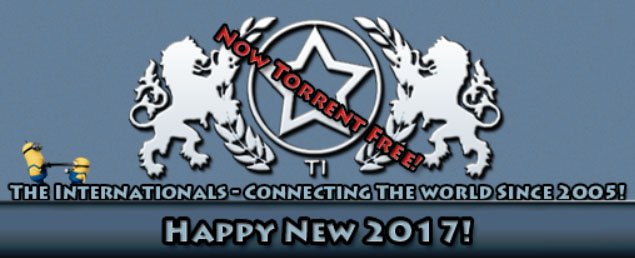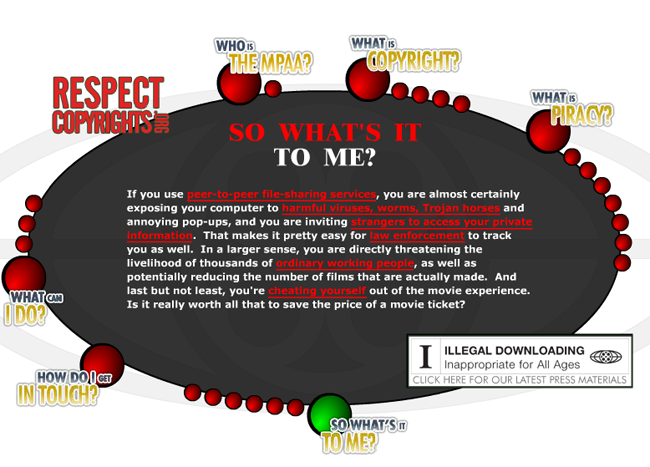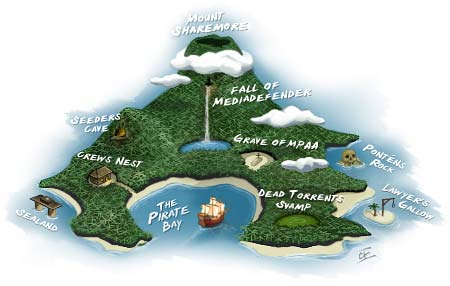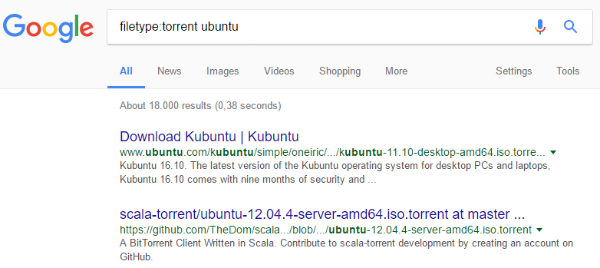Cox’s Repeat Infringer Policy Was an Elaborate Sham, BMG Says
lundi 2 janvier 2017 à 20:30 Late 2015 a Virginia federal jury ruled that Internet provider Cox Communications was responsible for the copyright infringements of its subscribers.
Late 2015 a Virginia federal jury ruled that Internet provider Cox Communications was responsible for the copyright infringements of its subscribers.
The ISP was found guilty of willful contributory copyright infringement and ordered to pay music publisher BMG Rights Management $25 million in damages.
Last November Cox filed its appeal arguing that the district court made several errors which may ultimately restrict the public’s access to Internet services.
One of the crucial factors in the case is whether Cox has safe harbor protection under the DMCA. In order to qualify, the company is required to terminate accounts of repeat infringers, when appropriate.
According to a 65-page reply brief just filed by BMG, the Internet provider failed to satisfy this burden as it willingly kept serving some customers, even after they had received over a dozen infringement notices.
“… Cox ignores its burden and points to no evidence that it adopted or implemented such a policy. Indeed, the undisputed evidence shows that Cox’s claim to terminate repeat infringers was an elaborate sham,” BMG writes (pdf).
“Though the precise mechanism changed in the Fall of 2012, Cox’s actual policy throughout the entire time period covered by the complaint was not to terminate repeat infringers because ‘for DMCA – we don’t want to lo[]se the revenue’.”
BMG notes that from 2010 until the Fall of 2012, Cox had a “policy” under which it purported to terminate accounts of repeat infringers. However, these were instead swiftly reactivated to keep customers on board and generate more revenue.
“Over and over, Cox failed to terminate flagrant repeat infringers, including one who admitted to ‘years of doing this’ and whom Cox abuse employees regarded as ‘well aware of his actions’,” BMG writes.
In its appeal, Cox mentioned that it doesn’t believe that one-sided piracy complaints are enough to warrant account terminations. In addition, the ISP noted that several of the infringement notices BMG sent via Rightscorp contained serious errors.
However, BMG believes that this is a red herring which didn’t warrant the decision to disregard hundreds of thousands of infringement notices.
“Cox claims that BMG’s notices are ‘littered with flaws.’ But Cox was able to identify errors in a tiny handful of the 1.8 million BMG notices at issue. The evidence showed that Rightscorp’s system was ‘well over 99%’ accurate.”
In addition to the repeat infringer issue, the music group also maintains that the ISP is liable for contributory infringement. Also, it disputes Cox’s argument that the jury instructions were incorrect on several points.
With the appeal, Cox hopes to reverse the judgment or at least have the opportunity of a new trial, but BMG asks the court to keep the district court ruling intact instead.
The outcome of the case, which may go all the way to the Supreme Court, will be crucial in determining what obligations ISPs have when it comes to repeat copyright infringers. As such, we can expect some more fireworks later in the year, as the case moves forward.
Source: TF, for the latest info on copyright, file-sharing, torrent sites and ANONYMOUS VPN services.


 This week we have three newcomers in our chart.
This week we have three newcomers in our chart. 



 Following the latest trends is one of the main tasks at the TorrentFreak newsroom and this job continues in the New Year.
Following the latest trends is one of the main tasks at the TorrentFreak newsroom and this job continues in the New Year. 

